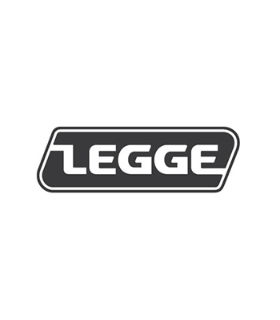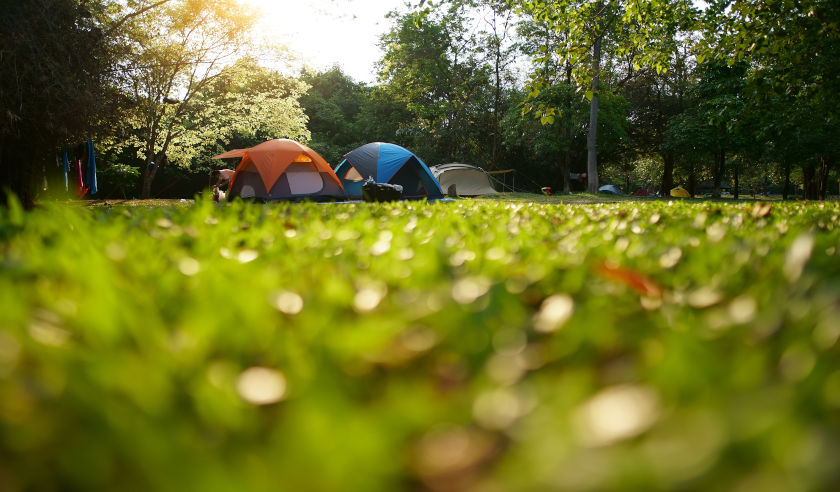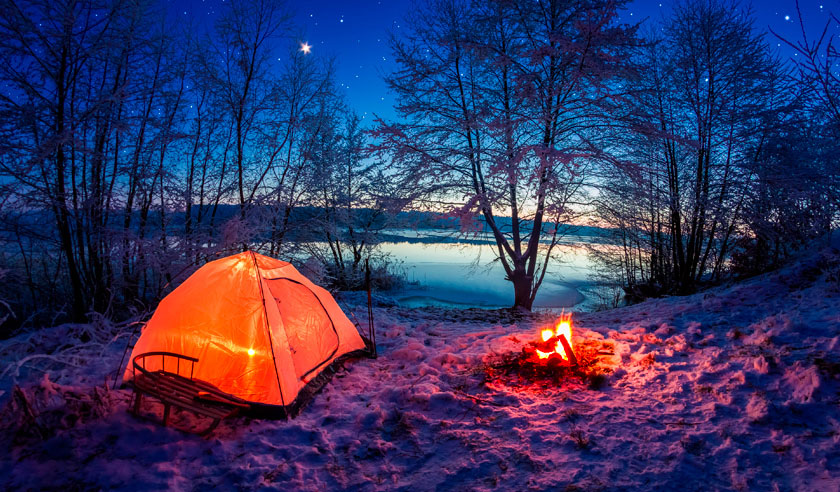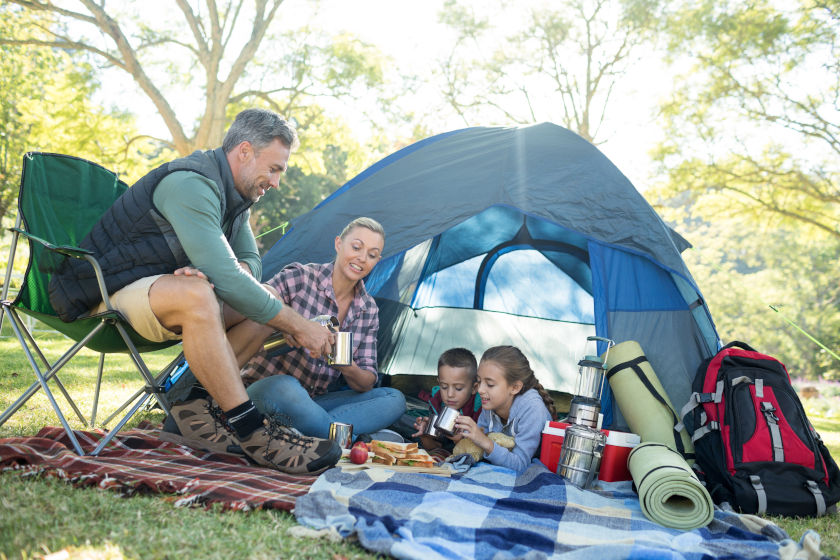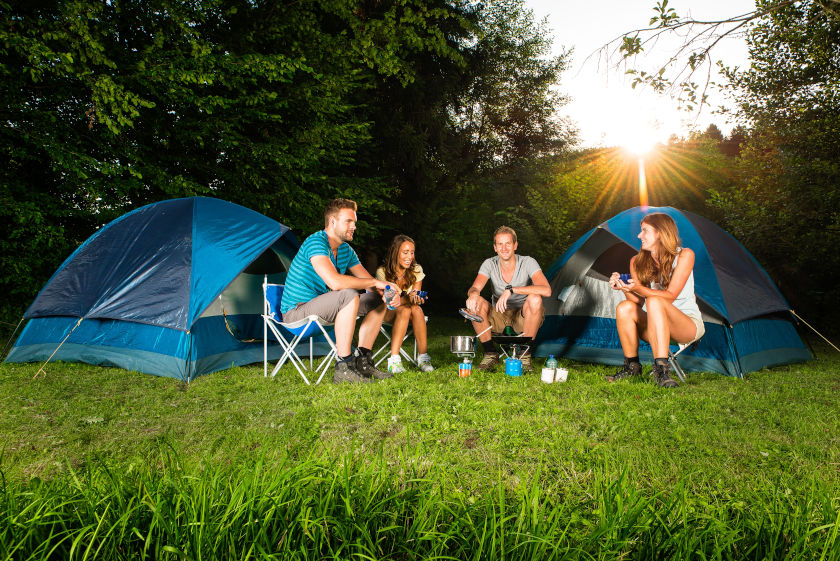The staycation has steadily grown in popularity over recent years but with the travel restrictions imposed throughout 2020, even more people will be choosing to holiday at home in 2021. Many of those will be die-hard campers but others will be new to camping, so whether this will be your first trip or not, our essential camping trip guide will help you to have a stress-free and enjoyable holiday.
There are different types of camping to be enjoyed and which one you choose will influence where you go and what supplies you will need. The two main types of camping are campsite camping and wild camping. Campsite camping is by far the most popular type of camping, particularly for the new camper. Once you have found a campsite, you arrive in your car with your equipment, erect your tent on the paid-for pitch and sit back and enjoy! Many campsites will offer electricity hook-ups and will have on-site shower and toilet facilities. In sharp contrast, wild camping, also called free camping, is a more extreme form of camping and definitely not for the faint hearted or inexperienced camper. You normally carry all your gear either in, or attached to, a back pack and set up in non-designated spots in the wild. In the UK, this type of camping is only legal in parts of Dartmoor National Park and in Scotland – if you choose to camp anywhere else, the permission of the landowner is required.
1 Choose your campsite
Decide on an area you would like to visit; do you want a quiet, secluded country location or do you prefer a bustling, lively seaside town? Many campsites are family-friendly and may offer play areas and entertainment facilities, but equally there are sites that cater for adults only. Do you need a pet-friendly site? Decide what you need from your campsite and always check what individual site owners are offering.
2 Pick your tent
Tents are sized according to the number of people that can fit side by side within it. So, a two berth tent will accommodate two people, a four man tent will be suitable for four people and so on. However, tent sizes do not take into account bags, equipment and luggage so consider how many people will be going and how much kit you will have, so aim for a tent that sleep one or two people more than there are e.g. for two people a 4-berth tent would be suitable. For families, do you need bedrooms? Check with your chosen campsite too as some may charge for a double pitch if you have a large tent. If you are purchasing a new tent, have a practice run – ensure you know how to put up your tent and take it down in the comfort of home, rather than on the campsite, possibly in the dark!
3 Pack your equipment
Once you have your tent (don’t forget tent pegs and a mallet!), it’s time to think about what else you will need. The following covers the basics needed to make your trip enjoyable and comfortable but of course this will vary depending on individual requirements.
Sleeping – sleeping bags are an essential, even in summer, as campsites can be chilly and a three seasons sleeping bag will be suitable for all weather conditions. A sleeping mat, camp bed or airbed for each person is a good idea but if taking an air bed, remember to take a pump with you. And don’t forget pillows! They can make all the difference to a good night’s sleep and, if you are travelling by car, you can take your own from home. Alternatively, an inflatable pillow can be rolled up and packed away easily.
Eating – enjoy home-cooked food on your trip by taking a stove, or BBQ. If you are going to venture out walking each day, a warm drink and a substantial breakfast will set you up properly. Remember fuel though – does your pitch have a hook-up? Or do your stove and BBQ need gas or charcoal? And of course, lighters or matches! A good tip is always to take more fuel than you think you will need and, if you are going to be arriving at the campsite late, take something you have already made that can be warmed through quickly.
Kitchen equipment – pots, pans, plates and knives and forks may all seem obvious but remember a kettle, cool box, washing up liquid and bowl, tin and bottle opener, tea towel and rubbish bags. A water carrier is invaluable too depending on how far away from the water source you are pitched, to avoid multiple trips backwards and forwards.
Lighting – lighting is really important both inside the tent after dark, and outside. A trip to the toilet block will be less daunting with a torch and the interior of your tent can be cosy and inviting with a lantern torch. A head torch is useful for setting up camp after dark, or any activities where both hands are needed, such as cooking. Again, remember to take plenty of spare batteries, and head over to our guide to buying a camping torch which will give you all the information you need.
Furniture – while not essential, camping chairs will certainly make any camping trip more comfortable, and will come in handy if you are planning a trip to the beach. On a practical level, a camping chair will avoid you having to sit on the wet ground and folding chairs can be taken on long walks, allowing you to stop for a break. Similarly, a table is practical for meal times, especially with a family and can prove useful for board games too.
Clothing – It’s important to ensure you always have a supply of dry clothes to hand when returning to the tent after a day’s activities. If you are staying on or around the site and can return to your tent easily, a selection of ‘home clothes’ will be sufficient. But, if you will be walking, do pack waterproof trousers and jacket and appropriate footwear that you have broken in ahead of the holiday. Choose fabrics for tee-shirts that are quick drying so you won’t have to have wet washing hanging around for days and pack some long sleeve tees to protect against insect bites and sun burn. These will also be useful for layering on cooler days and at night. A fleece will come in handy too and can add to the layering or be worn alone.
And finally, to ensure you have a great holiday, be responsible when packing up camp, and avoid attracting unwelcome animal visitors to your site by storing food in containers and disposing of all rubbish in bins provided.


